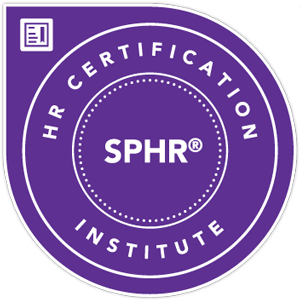Whether you want to try something new or developed a passion in a different area than your current career, you may be wondering to yourself, “How do others make this leap?” It’s easy to get frustrated after you receive several letters from companies informing you that another candidate was selected because they had more experience.
STOP APPLYING ONLINE
Putting in your general application is great if you already hold the same title or similar title to what you are applying for or want new challenges within a similar role. Online applications don’t work for transition into a new role or industry because you don’t get a chance to explain yourself.
BREAKING IN WITHOUT EXPERIENCE
Decide what you want to be known for. Find people who are considered thought leaders, influencers, or someone with the same position you are looking for. Discover what they do to really stand out and use that to assess and build your own person brand.
Use Social Media. Take a close look at what you are putting out in social media. Clean things up and then go back to deciding what you want to be known for. Start curating posts and content around your passion topics. Make what others say validate your true interests in securing a specific role with a company.
Network with future colleagues. Look around to find people who could be your potential future coworkers. Where do they hang out? Take a look at professional associations and upcoming events. When you do attend these, make meaningful connections.
Create an online portfolio. This not only allows you to stand out from the crowd, but it also gives a way to be found. Give tangible examples of your work and provide information on what you are passionate about.
Certification and online courses. Take your passion a step further, this shows you’re serious. You don’t necessarily need a new degree to make a transition unless it requires a specific level or type of education. Many employers are willing to train the right person, but they need to know you have the basic foundation and the willingness to learn. Learning the language of the new role helps you articulate how your background transfers to it.
Offer to help. While networking, find out how you can help others with your desired position. You can use your help and effort to gain knowledge about the area you want to tap into. The secret is to give more in order to receive more. Or maybe you can volunteer at a non-profit while you are learning your new skills. They will likely welcome the extra help!
Making a career transition is a process. It will not happen overnight, but as you build the foundation with these suggestions, you will be equipped to connect with the right people to lead you to the right opportunity.





